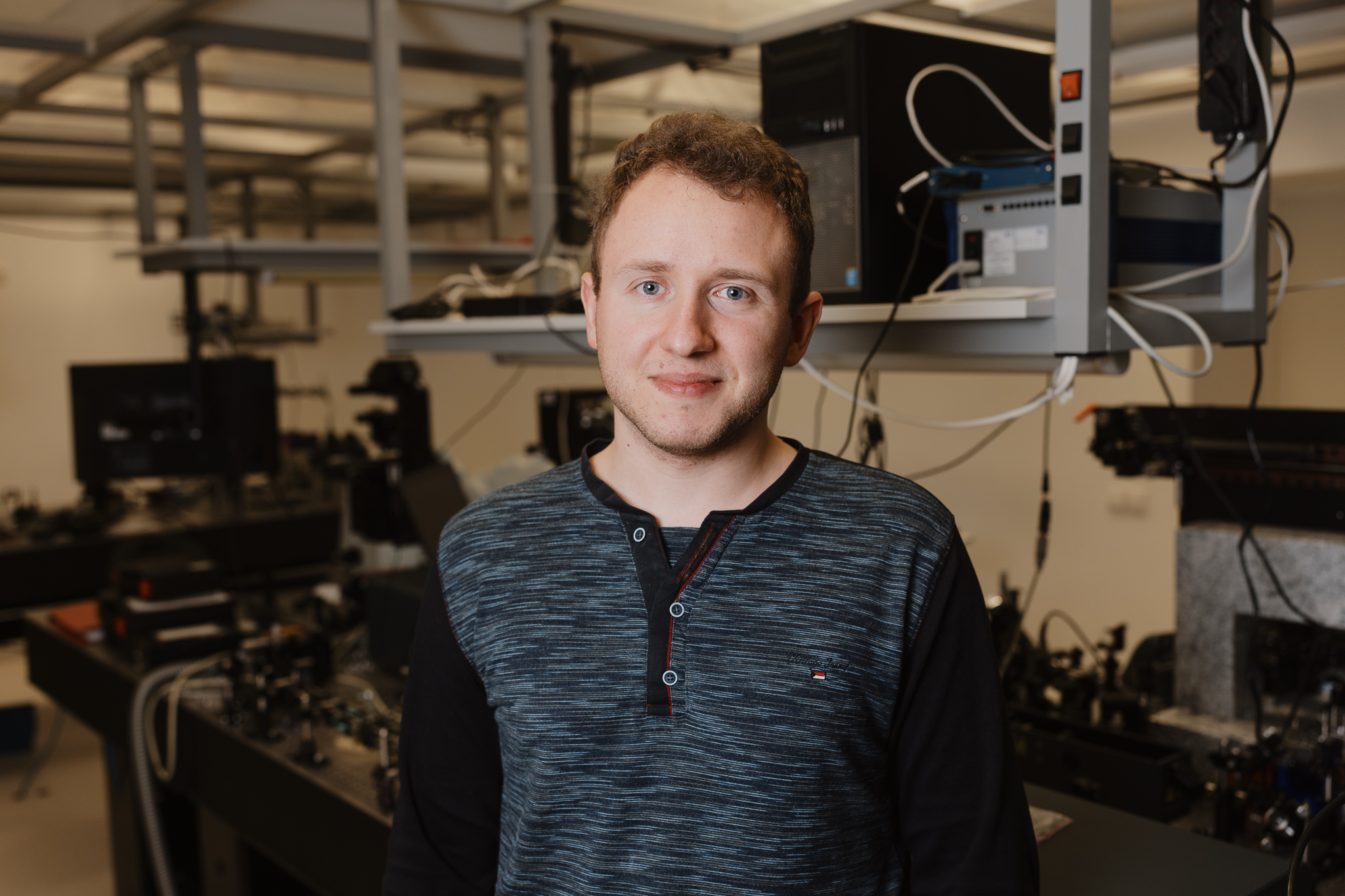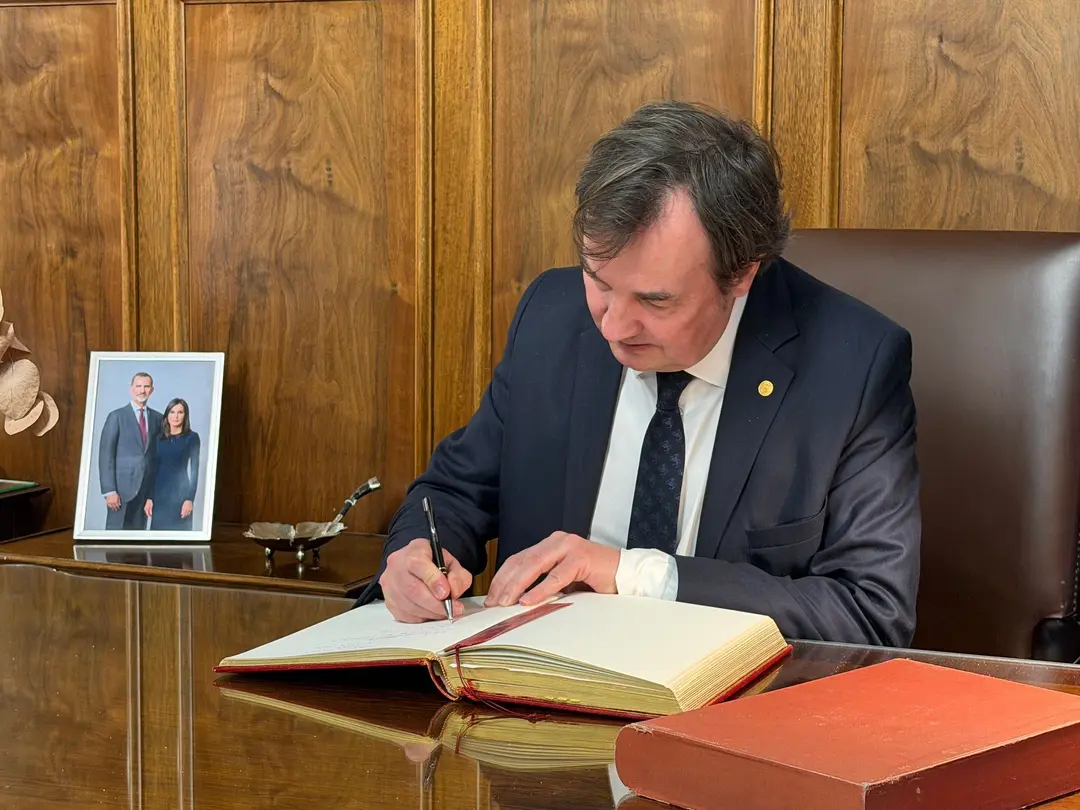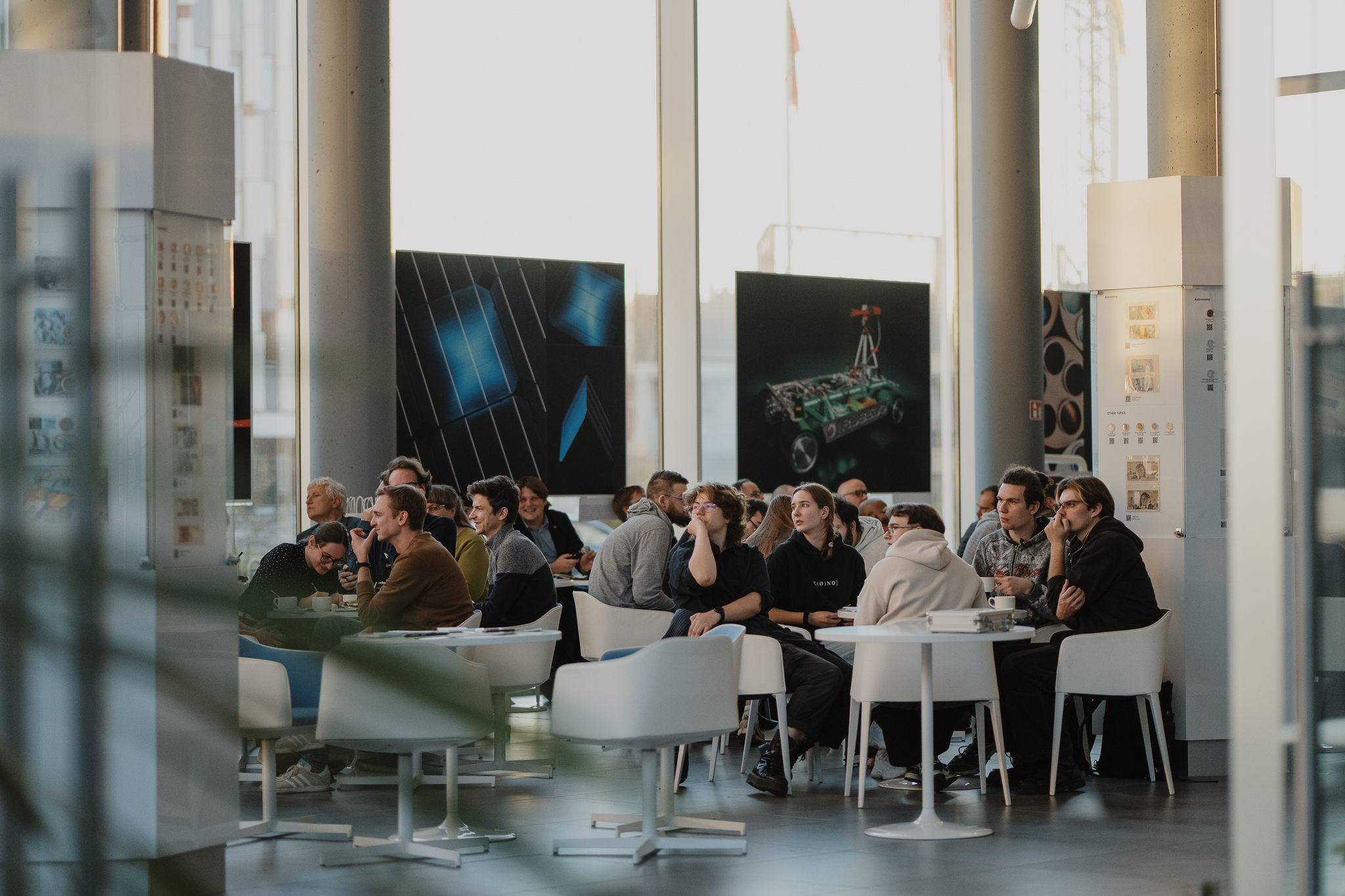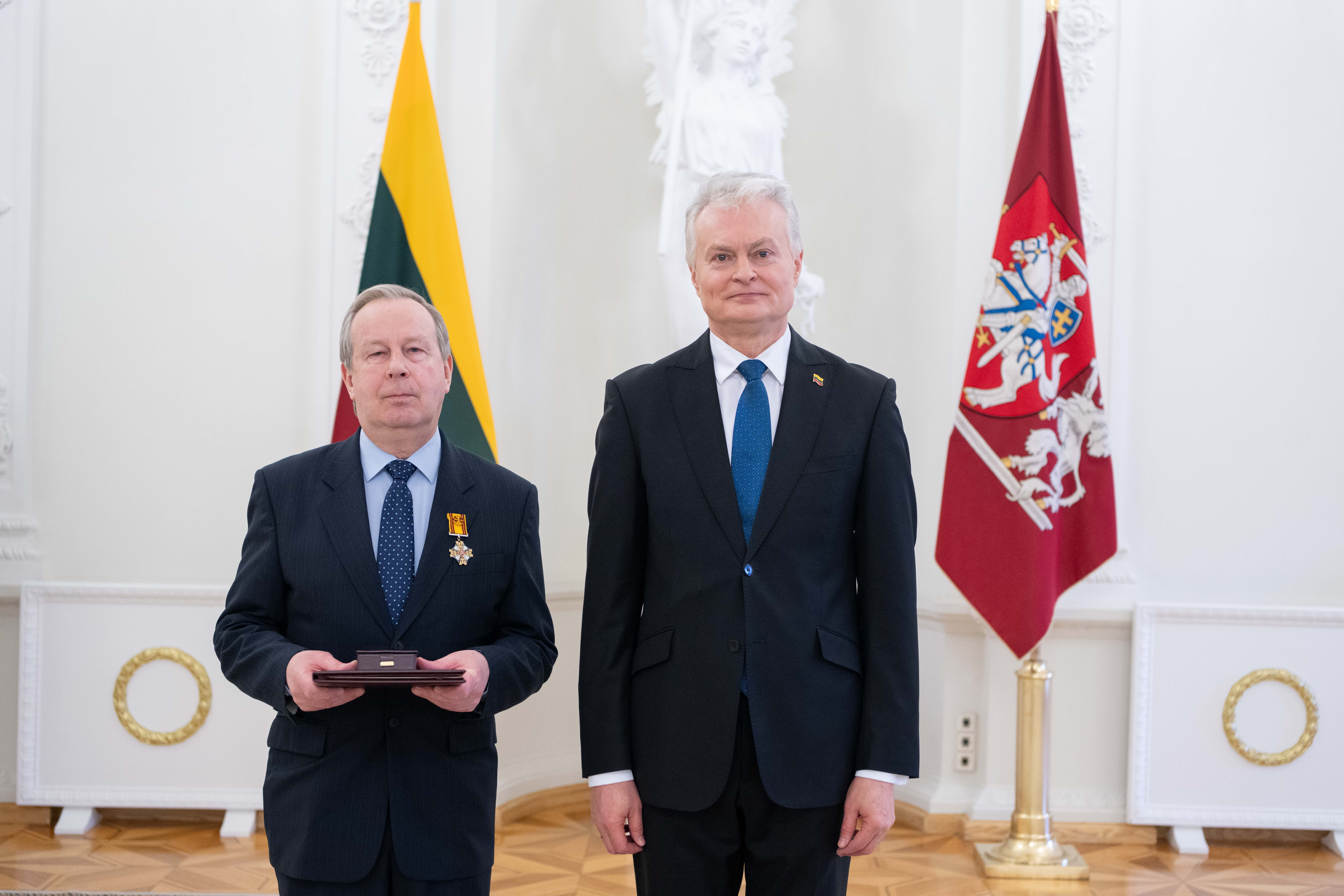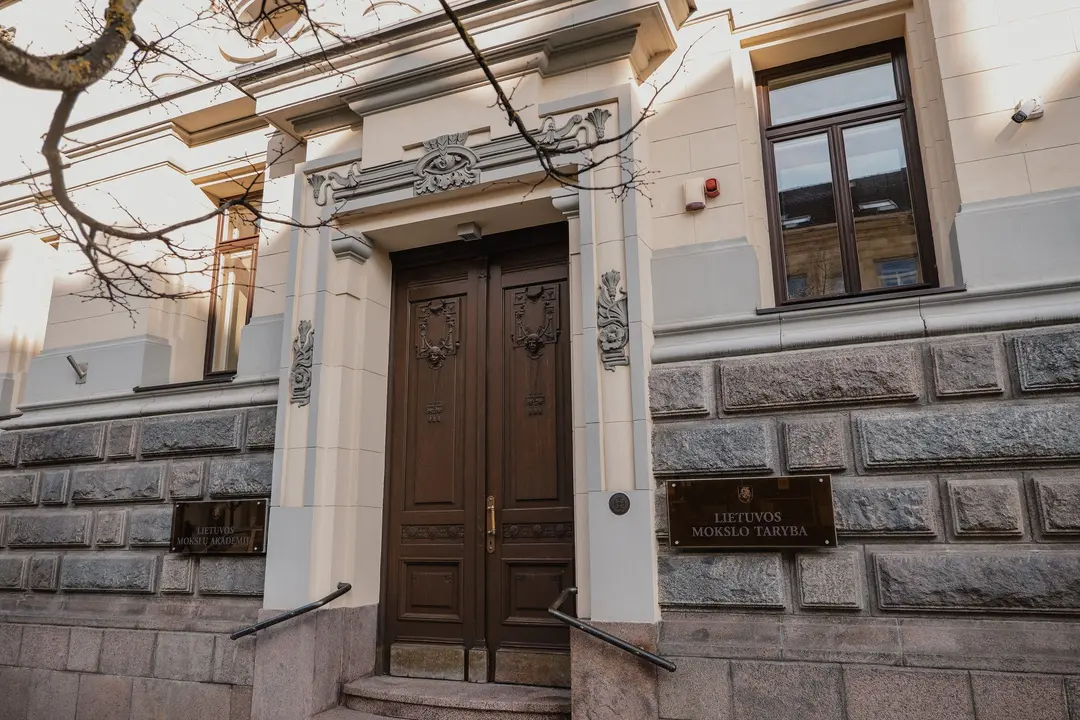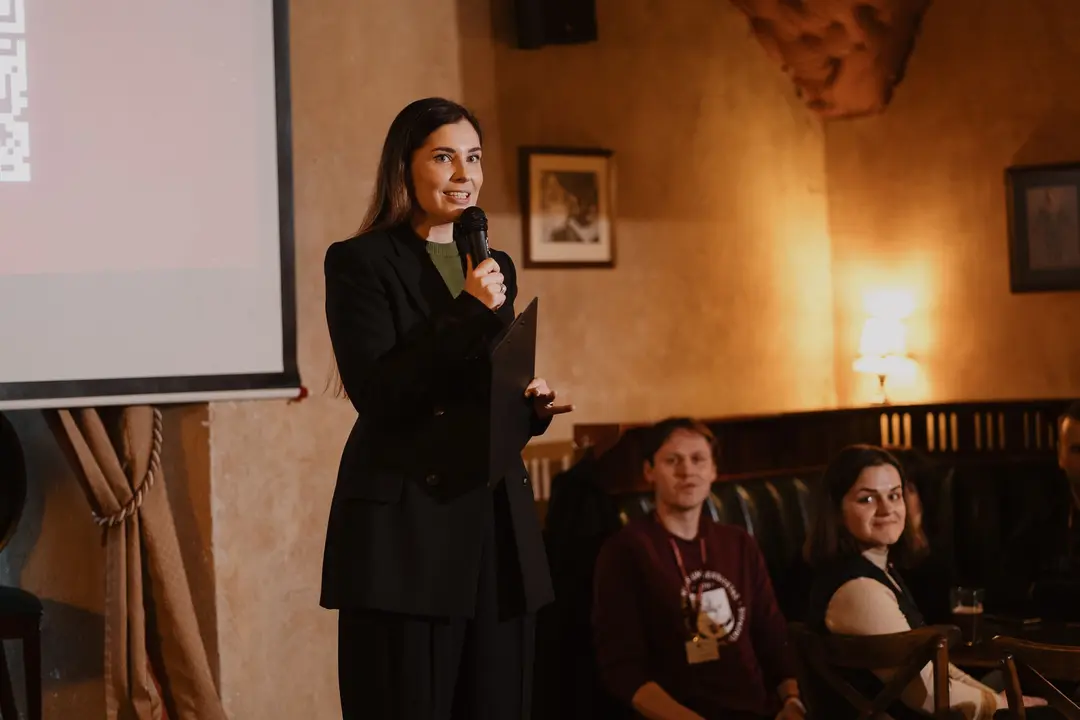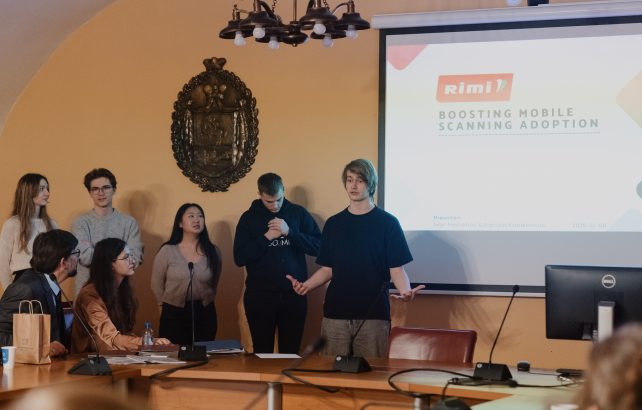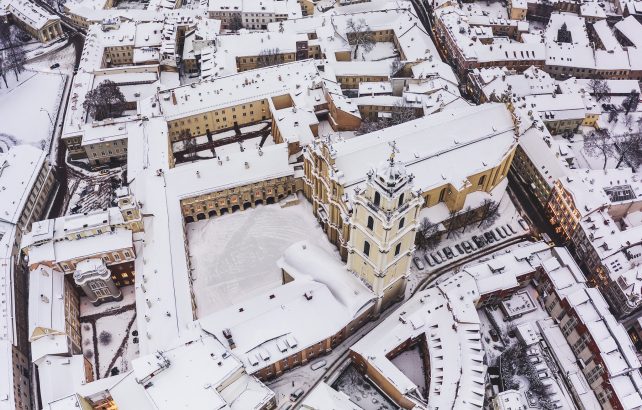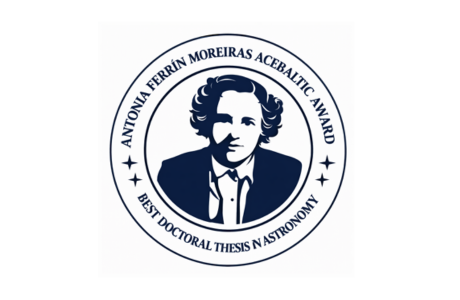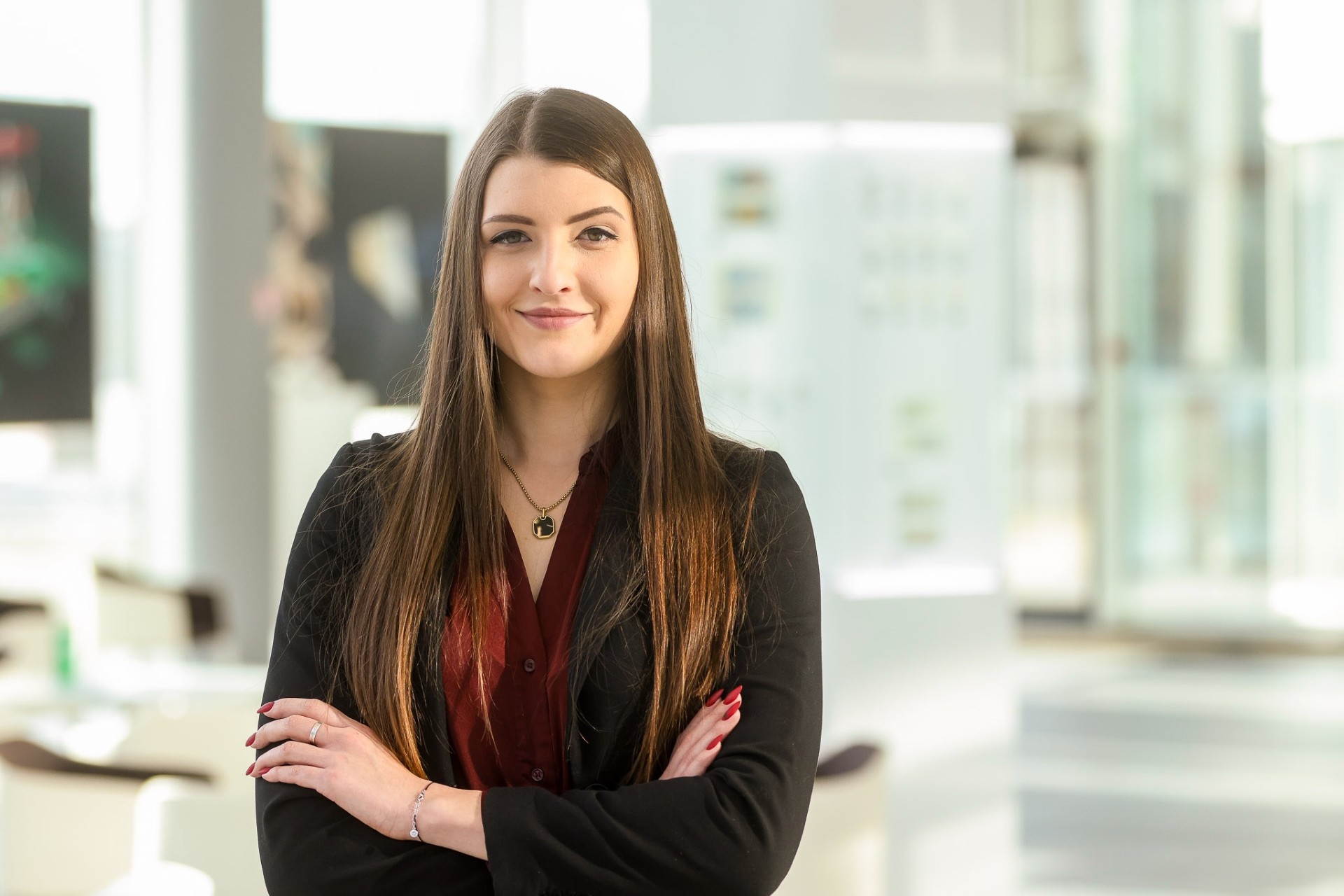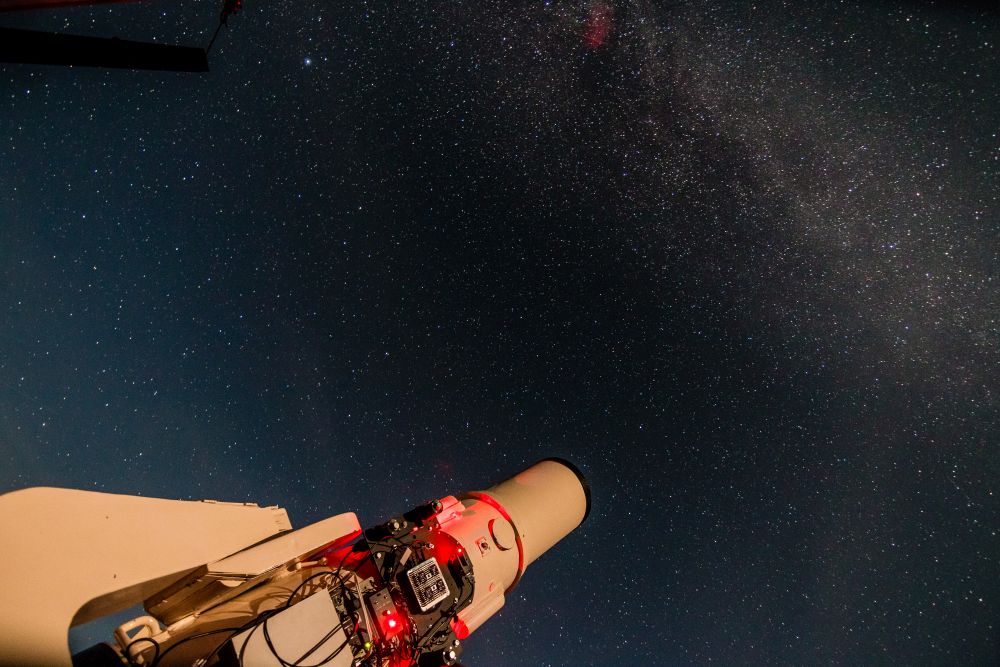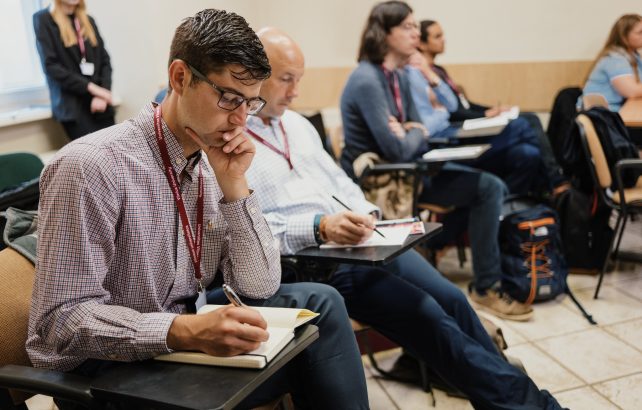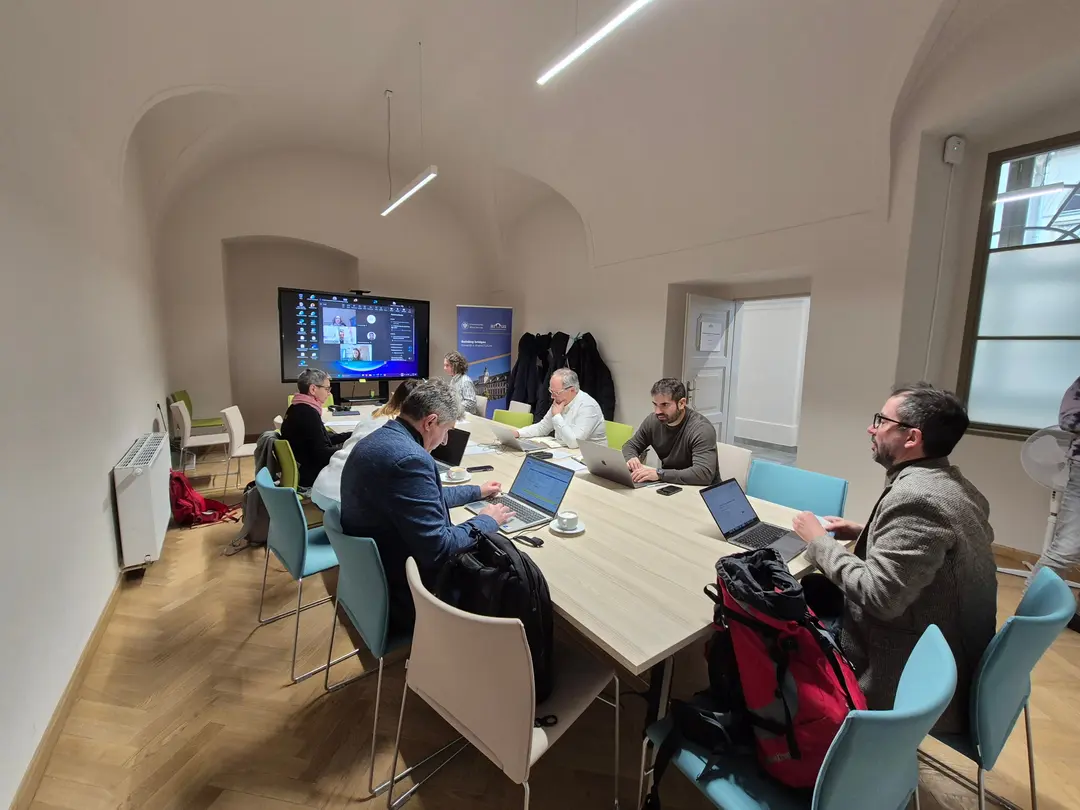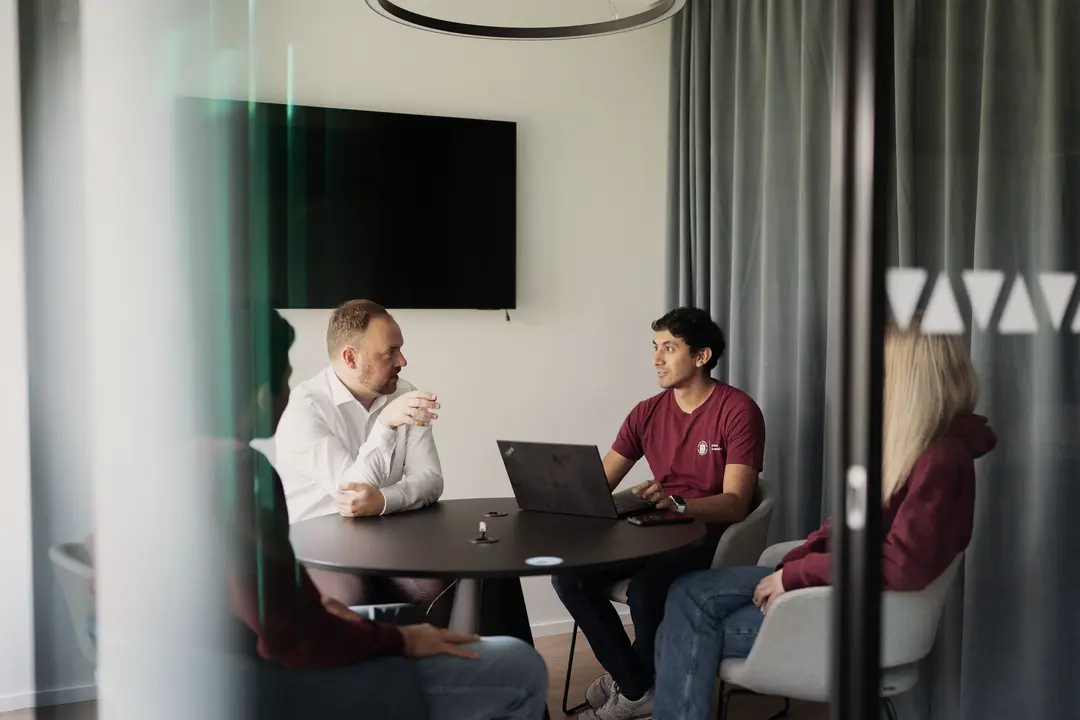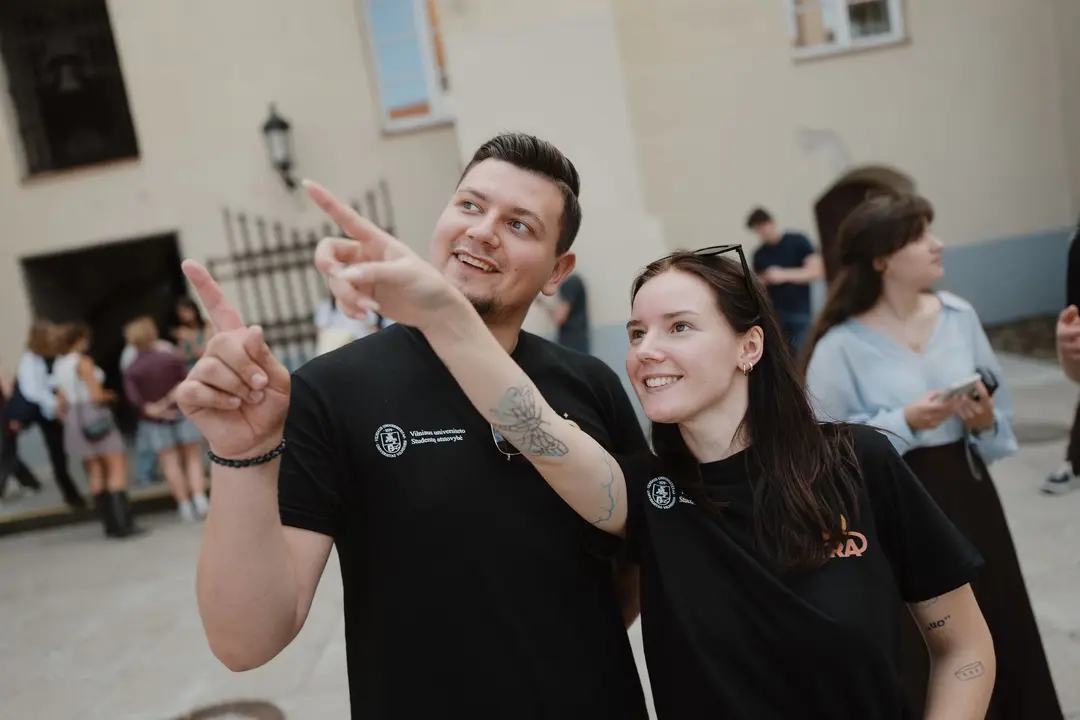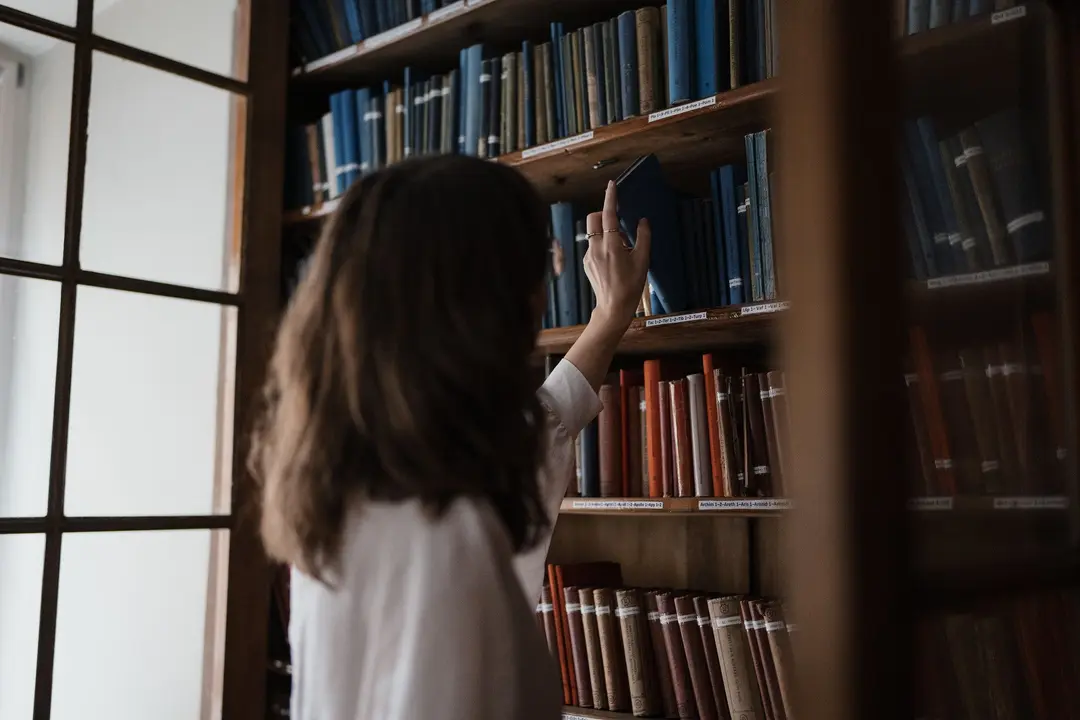3D Printing That You Can Only See Through a Microscope: The Dawn of Tomorrow's Technology
3D printing has long since escaped the pages of science fiction books. It’s woven into our everyday lives. This year, the global 3D printing market is expected to exceed €30 billion, with projections indicating it will double within the next five years. Yet we’re only beginning to scratch the surface of how this technology can truly change our world.
3D printing is steadily advancing to the micro- and nanoscale, where, as research by Vilnius University (VU) scientist Artūras Harnik suggests, it may play a key role in developing the next generation of lasers.

